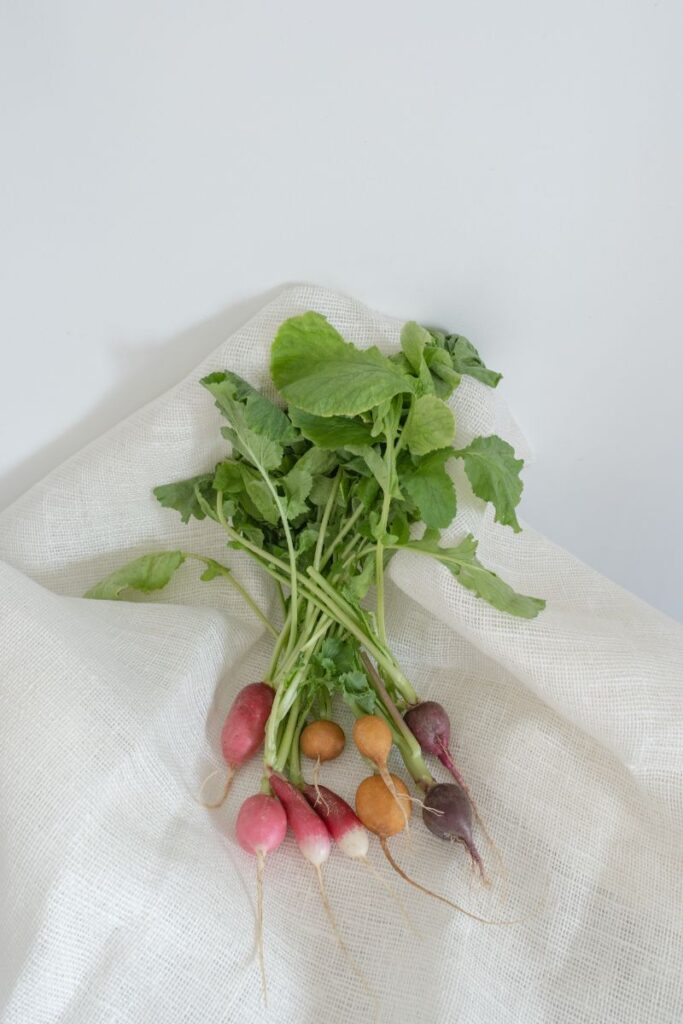
You probably know that organic foods are generally better for you than their non-organic counterparts. A tomato or head of cauliflower that has earned the organic label will inherently be safer, cleaner, and therefore healthier for you than a tomato farmed, harvested, and delivered to your grocery store in the traditional manner.
Organic standards in the United States and other countries vary. However, in most cases, organic foods will always enjoy less interference by man than foods that do not qualify as organic. This oftentimes also means better labor practices are followed, meaning that the workers which planted, harvested, and delivered your organic food are treated much more fairly than those laborers and employees of modern industrial farms.
This begs the question, “What does organic really mean?”
To properly answer the question, let’s head over to the Organic.org website. The owners of that site strive to “… educate people on the benefits of organic agriculture, food, and products.” Here’s their definition of organic:
“Simply stated, organic produce and other ingredients are grown without the use of pesticides, synthetic fertilizers, sewage sludge, genetically modified organisms, or ionizing radiation.”
This makes that food as “clean” as possible. When you go one step further, and only eat organic food which has been grown locally, you reduce the distance the food travels before it ends up at your grocer. This means less exposure to the environment and shipping practices that could negatively impact your food.
how Do I Know If Something Is Organic?
In the United States, there are 3 designations you will find on organic food:
100% Organic – This means that a particular food item was made with only 100% organic ingredients.
Organic – Foods labeled simply “organic” are made up of at least 95% totally organic ingredients.
Made with Organic Ingredients – At least 70% of these foods are organic. There are still strict qualifications put on the remaining 30% of ingredients, including the restriction that no genetically modified organisms (GMOs) are allowed.
Foods that fall under 70% organic can still claim organic ingredients. If food has organic tomatoes in it, that food manufacturer is allowed to advertise that. However, they are not allowed to do so on the front of the food package, can, box or bag. Organic qualifications are different in other countries, so check with your country’s food or health administration for current guidelines.